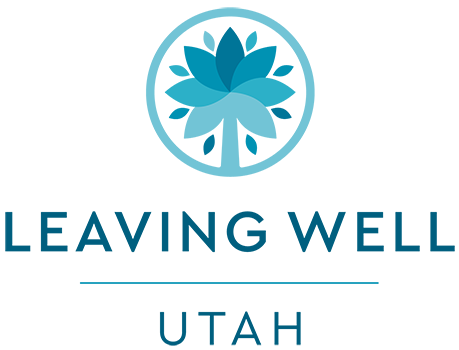After your death, your family members will be asked about organ donation. Considering your preferences and communicating them to your family will ease the process for them, especially as the decision must be made quickly.
Some reasons to consider becoming a donor:
- Donation can help up to 50 other people.
- Organs, eyes, and tissues are donated only after doctors have tried everything they can do to save a patient's life, but the patient has died anyway.
- The doctors and nurses who worked to save a patient’s life are not the doctors and nurses who will recover the organs and tissues.
- Donation will not change how the body looks. You can still have an open casket funeral, if you want.
- Donating organs will not cost you anything.
- Most major religions approve of organ and tissue donation. Most major religions think it is a gift, an act of charity.
You can choose to register as an organ donor when you renew your driver’s license at the Utah Department of Motor Vehicles. You can also register or modify a previous choice online at Yes Utah’s website or by calling Intermountain Donor Services at 800.833.6667 (24 hours a day).
The University of Utah School of Medicine has a body donor program. For more information, you can contact the school at 801.581.2121 or visit their website.
Adapted from text provided by: Caring Connections A Hope and Comfort in Grief ProgramUniversity of Utah Health Sciences Center. Caring Connections is sponsored in part by the Ben B. and Iris M. Margolis Foundation.


